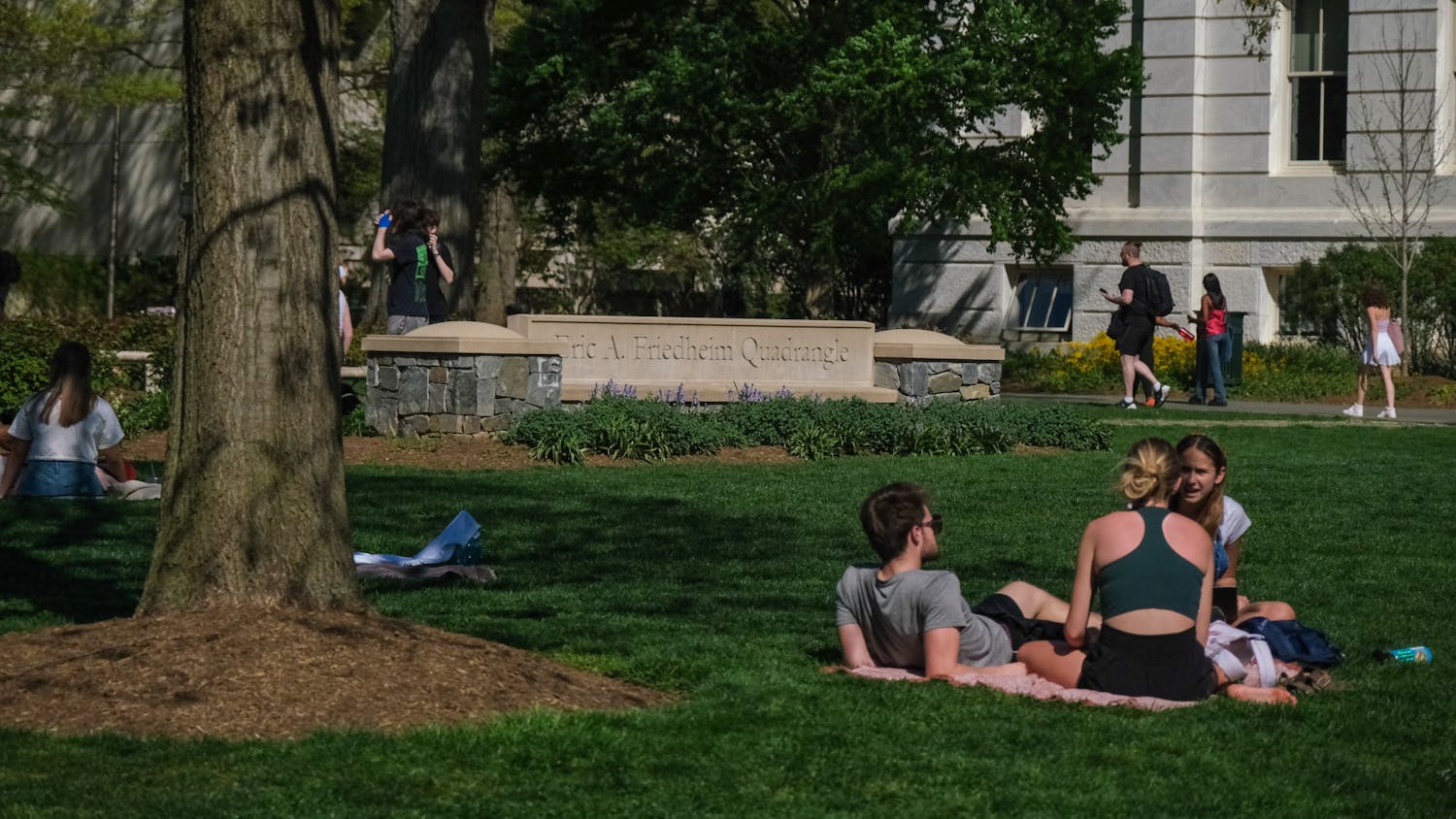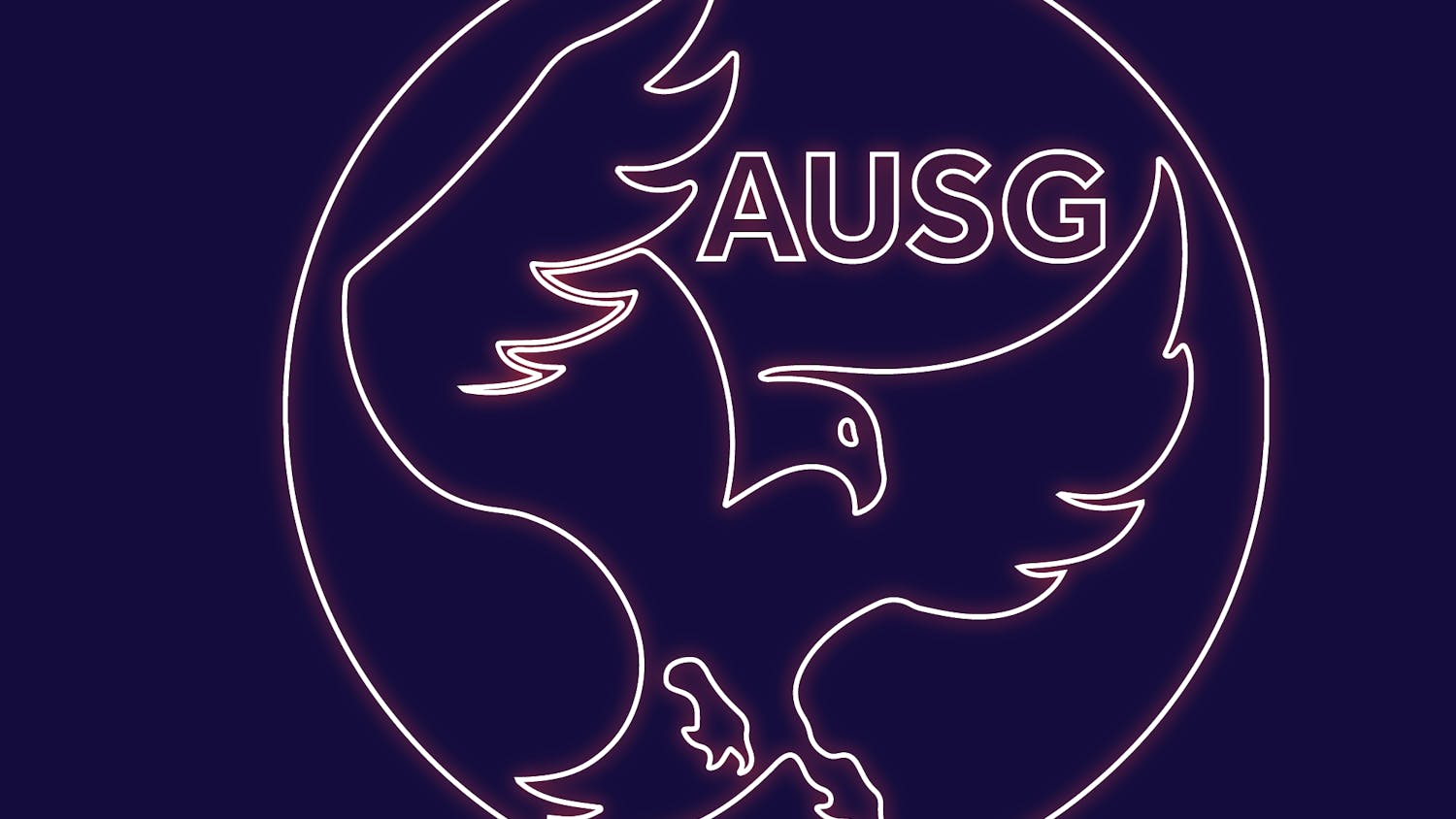Despite more than two years of intensive reform under Chancellor Michelle Rhee, D.C.’s public schools still struggle to meet national standards.
Rhee gave the keynote speech at the “College to Kids Summit” held Wednesday in the Mary Graydon Center. The summit, which was sponsored by the non-profit organization Heads Up, featured representatives from education-focused non-profit organizations from across America. From 9:15 a.m. to 4:15 p.m. the representatives discussed how to help students from D.C. schools get into — and flourish — in college.
D.C.’s public schools are often ranked as the worst, or near worst in the nation. Rhee was appointed in 2007 by D.C. Mayor Adrian Fenty, who gave her more power to reform the school system than any other past chancellor, according to President of the Association of American Colleges and Universities Carol Geary Schneider.
|
Help underprivileged kids in the D.C. Public School system through one of these five organizations. AU’s Community Service Center is also available to help you find a way to volunteer. Organization: D.C. Reads Organization: Double the Numbers Organization: Heads Up Organization: Kid Power Organization: D.C. Public Schools |
Last week Rhee laid off 229 teachers to help close a $43 million budget gap, setting off a fresh round of angry broadsides from teachers unions and D.C. Council members. Some on the Council even accused Rhee of orchestrating the gap to purge veteran teachers.
Despite this, Rhee has a large number of supporters who think her tough reforms are exactly what the dysfunctional D.C. schools need.
“She is the right person, and in fact, the only person to lead this discussion here today,” said Robin Winter, the executive director of Heads Up.
During the speech, Rhee outlined personal stories she witnessed as head of D.C. public schools.
In one anecdote, she talked about being in a room full of the highest-achieving students in a public school. The students had taken part in a summer program to try and get them on par with other kids in their grade level. Many of the children hoped to go to college after completing high school.
“Tell me why the program was helpful to you?” she asked the students. “The first child raised her hand and said, ‘I learned a whole lot of things I didn’t know,’” Rhee said.
One student said she had learned that college-level paragraphs should be nine to 12 sentences long. Another said he had learned what a preposition was; another said he had learned how to use commas.
“I, at the time, had a second grade [child of my own] who knew how to use commas and knew what a preposition was,” Rhee said. “How are you prepared to go to college?” she asked the students.
Rhee recalled a student who raised her hand to answer.
“When [the class] says ‘we [are] prepared for college,’ we know we are not prepared academically,” the student said. “We think that just because we want it so bad, we will make it through.”
Rhee said that it was important for D.C. officials to concentrate on the welfare of the students rather than the adults.
“We can live up to our commitments as adults in this country and ensure ... [that every child] has an equal shot at life because they get an excellent public education.”
Robin Adams, the assistant director for the Community Service Center at AU, said that Rhee is an effective advocate for D.C. school children.
“I don’t always agree with the actual approach or actions taken, however, what I agree with is her passion for bringing change to the District of Columbia and her commitment to the District of Columbia,” she said. “For too long, we have put adults first and children second.”
Only 9 percent of D.C. public school students will graduate college in five years after high school. Only 8 percent of eighth graders test at level in math.
“Ninety-two percent of our young people do not have the skills and knowledge necessary to be productive members of society,” Rhee said.
D.C. students also miss out on the non-academic events that have come to typify school in America, according to Rhee.
“The high school experience for the vast majority of our kids looks nothing like what you would want a high school experience to look like,” she said. “[They say to me] ‘we didn’t have a homecoming dance this year, it looks like we won’t be able to afford a yearbook’ — basic rights of passage.”
You can reach this staff writer at cszold@theeagleonline.com.




